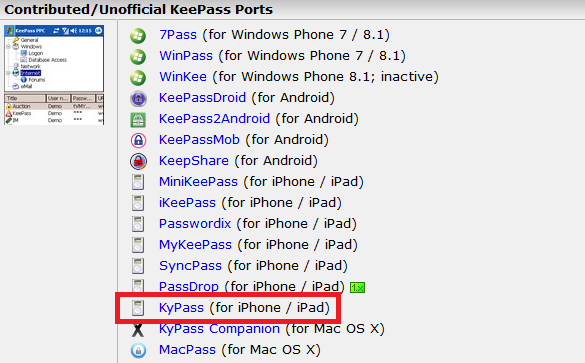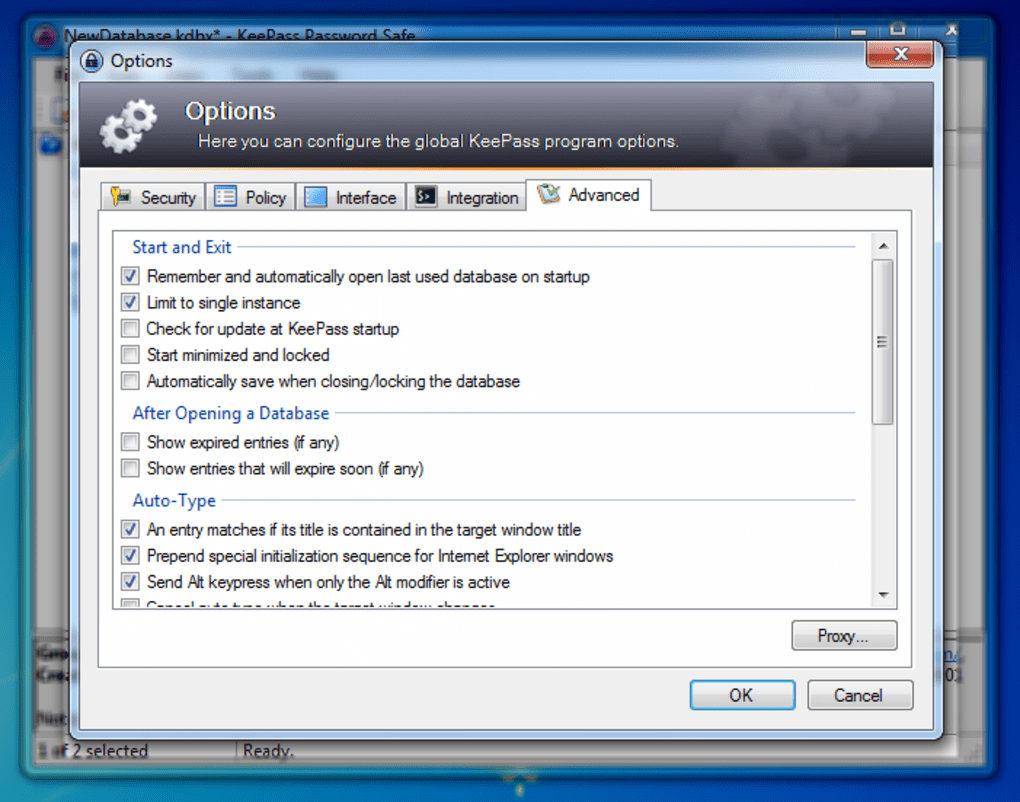


No vulnerabilities were discovered in KeePass during its audit by the European Commission’s Free and Open Source Software Auditing project. Both KeePass and Bitwarden have official open source repositories SourceForge hosts Bitwarden’s code. Enterprise plans provide unlimited file sharing for just $3 per user per month and come loaded with extras like on-premises hosting and other safety measures.Īs open source programs, Bitwarden and KeePass can be examined by anyone for vulnerabilities. The family plan costs $12 per year and allows for five users to share, while the team plan costs $5 per month and allows for five users to share, with the option to add more users at a cost of $2 per month per user for unlimited sharing. Even though you’ll get more out of your premium account than you would from a free personal account, you’ll still only be able to share with one other person. Fundamental capabilities, including those required by the vast majority of users, are always available at no cost. Yes, with the use of third-party syncing servicesĪvailable for Chrome, Firefox, Safari, Edge, and moreĪvailable for Chrome, Firefox, Edge, Opera, and moreĪvailable for iOS and Android, as well as Windows and Linuxīoth LastPass and Bitwarden offer free versions, but Bitwarden also offers a paid version with additional sharing and customization options. Bitwarden vs KeePass: Comparison Table FeatureĪES-256 bit encryption with a unique user headerĪES-256 bit encryption with a user-generated master key Bitwarden’s convenient header-based approach to user authentication and data encryption is matched by KeePass’s flexible encryption options and user-generated master key. It’s possible that one is a better option for you than the other, given your unique set of circumstances and preferences. When it comes to keeping sensitive information safe, both Bitwarden and KeePass are excellent options. Despite the fact that this method is extremely secure, it requires the user to handle their own key management. The user generates this key, which is then used to encrypt their passwords and other private data. In contrast, KeePass encrypts and decrypts user information using a master key.


 0 kommentar(er)
0 kommentar(er)
